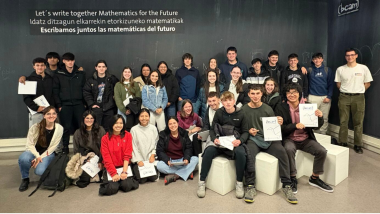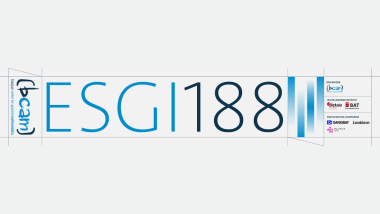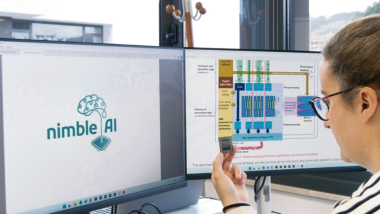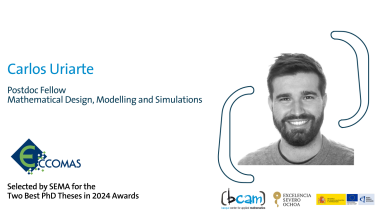The Machine Learning in the Industry Conference arrives with BCAM and Tecnalia
- This will be about JANO - Joint Action Towards Digital Transformation, an ITP project in which the Machine Learning group is collaborating
Basque Center for Applied Mathematics - BCAM, through the Machine Learning group, and together with Tecnalia, will take part in the Marchine Learning in Industry Conference. The day consists of two talks in which both entities will participate. The day will take place on Tuesday, October 27th and will start at 10:00. The first talk will be given by Tecnalia and will deal with Machine Learning plus Industry 4.0. Concepts within Industry 4.0 will be introduced from the point of view of data analysis, with emphasis on the prognosis or prediction of events of interest and their applications. Different illustrative examples will also be shown and future lines of development and research within the field will be outlined. The term Industry 4.0 is given by the changing world in which we live, where there is a continuous technological evolution, also implemented in the Industrial Sector. It is considered the 4th industrial revolution, motivated by the digitalization and the exploitation of the resulting information. Artificial Intelligence, and therefore Machine Learning, play a fundamental role in improving production processes and asset management from the data obtained, creating new opportunities and business models. The second talk comes from Ioseba Alonso, a PhD student at ITP Aero in BCAM, on the "Classification of time series in industry". These are defined as an orderly sequence of measurements of magnitudes over time and account for a large part of the industrial data collected. The digitization of Industry 4.0 makes it possible to take advantage of algorithmic and computational advances, which can generate unprecedented levels of value added from the data. The use of time series to classify helps decision-making systems and improves the competitiveness of organizations. Time series classification (TSC) is gettig used in industry to solve multiple problems: fault detection and diagnosis, anomaly detection, quality monitoring and attack detection. In order to apply one or the other solving technique, for TSC there are two main strategies to be adopted from the industry's perspective. The strategies differ from each other in the way they represent the characteristics of the data.
Related news
About the center
About the center




